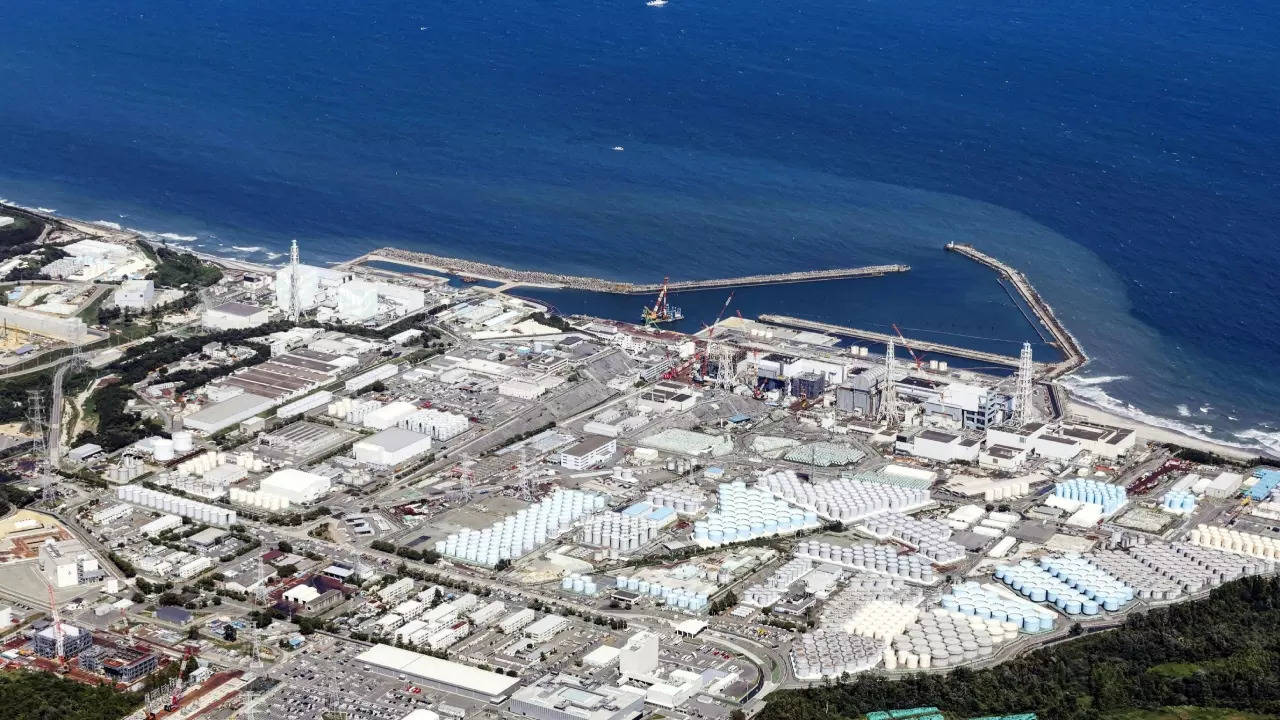New Zealand-based CarbonScape has patented a process to use forestry industry by-products such as wood chips to make graphite, which can account for up to half of the weight of lithium-ion batteries used in electric vehicles (EVs) and for storage.
The investment will be used to further develop plans to build production facilities in Europe and the United States, a statement said.
“This investment represents a strong statement of support for sustainable sourcing of battery materials for global decarbonisation,” said CarbonScape CEO Ivan Williams.
Currently graphite for the anodes of batteries are sourced from mined natural graphite or synthetic graphite produced from petroleum products.
Safety is among top three features buyers want: New Tata Nexon to drive segment growth | TOI Auto
CarbonScape says its bio-graphite has a carbon negative footprint, saving up to 30 metric tons of carbon dioxide emissions per tonne of material compared to synthetic or mined graphite.
The material can also be produced close to battery factories, helping to cut down on CO2 emissions compared to mined graphite transported from distant locations, the statement said.
By using less than 5% of forestry by-products generated each year in Europe and North America, CarbonScape said its process could produce enough bio-graphite to meet half the total global projected graphite demand for EV and grid-scale batteries by 2030.
CarbonScape has a pilot facility in Marlborough, New Zealand that produces bio-graphite for customer testing and validation, it said.
In July last year, Swedish battery maker Northvolt and Stora Enso said they were trying to develop a battery anode with hard carbon produced from forestry byproduct lignin.
A spokesperson for CarbonScape said the two technologies can work together to optimise battery performance.
Automakers have been rushing to lock in graphite supply from outside dominant producer China as demand for EV batteries outpaces other uses for the mineral for the first time due to soaring EV sales.
A global supply deficit of 777,000 tonnes of graphite is expected by 2030, projections from consultancy Project Blue showed.


